No more spending all day waiting to see a doctor or get medicine
Having had diabetes and cardiovascular disease for many years, every month Le Thi Kien (82 years old, living in Binh Thanh ward) has to go to Thong Nhat Hospital, Ho Chi Minh City for regular check-ups and to get medicine. She said: “In the past, due to old age and poor health, every time I went for a check-up, I had to carefully bring my health insurance card, medical records, prescriptions... in my pocket. But sometimes I forgot because of absent-mindedness, and had to take a motorbike taxi back to get them. It was very tiring, taking the whole day just to go for a check-up and get medicine. Now, going to the hospital is very easy, when I go to the hospital, there are staff to guide me, just swipe the card at the kiosk, register for a medical examination with the Tekmedi card and wait for my turn to see a doctor.”
Mr. Kien is one of tens of thousands of people in the city who are benefiting from hospitals implementing medical examination and treatment using electronic health records (HSSKĐT). Patients only need to make an appointment online, no longer having to wait for a registration number like before.
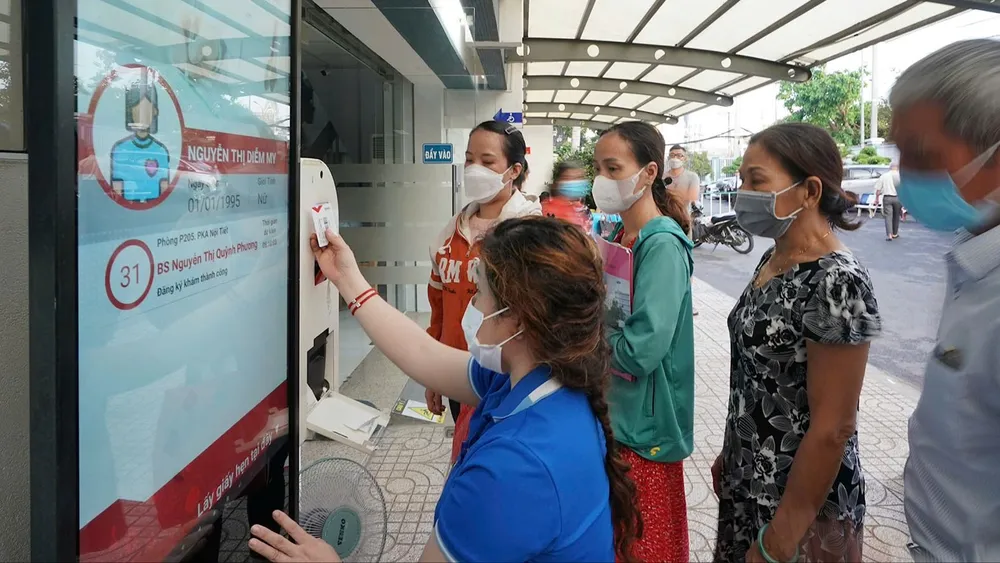
Regarding the implementation of HSSKĐT, Dr. Truong Quang Anh Vu, Head of the Examination Department, Thong Nhat Hospital, Ho Chi Minh City, said that the hospital is one of the leading cardiovascular and geriatric centers in the Southern region and is striving to become a special comprehensive geriatric hospital. Because over 70% of patients are elderly and there are over 1,200 inpatients, for the convenience of patients, the hospital organizes medical examination and treatment from 5 am and has dozens of staff to support and guide patients at 5 Tekmedi kiosks.
The representative of the Board of Directors of Ba Ria - Vung Tau Mental Health Hospital (Ngai Giao Commune, Ho Chi Minh City) said that as a special hospital, patients are "sometimes awake, sometimes unconscious", in addition to the efforts and overcoming difficulties in treating and caring for patients, recently, the hospital has put into use the electronic kiosk system, HSSKĐT, to serve medical examination and treatment registration and hospital fee payment. Patients can easily look up information, get a queue number and make cashless payments in just a few minutes. This helps save time, reduce overload at the reception desk, while reducing pressure on medical staff and contributing to accelerating the digital transformation process of the industry.
Untie the "knots"
Dr. Lam Tuan Tu, Director of Vung Tau Hospital, said that Resolution 72 is a strategic decision, opening up opportunities for fundamental and comprehensive innovation of the health system, ensuring that all people can access high-quality health care services, equally across regions. He hopes that the city will prioritize budget allocation to build new, renovate, and expand hospitals, develop specialized departments; and at the same time equip modern equipment such as MRI, CT machines, international standard laboratories, endoscopic surgery machines, surgical support robots, etc.
Associate Professor, Doctor, Doctor Phung Nguyen The Nguyen, Head of the Faculty of Medicine, Head of the Department of Pediatrics, University of Medicine and Pharmacy, Ho Chi Minh City, expressed his satisfaction with the content of "strongly shifting from the mindset of focusing on medical examination and treatment to proactively preventing diseases and correctly identifying the position and role of preventive medicine, primary health care, traditional medicine; ensuring early disease prevention, from a distance, from the grassroots. Comprehensively improving the quality of health care services, developing specialized medicine and ensuring health security" stated in the Resolution.
According to him, profound changes in disease patterns, such as the increase in non-communicable diseases, population aging, etc., require improved quality of health services. Therefore, "bottlenecks" in facilities, human resources, and application of information technology in digitalizing HSSKĐT need to be resolved.
The health sector needs to strongly recommend and propose the city to renovate and rebuild degraded medical facilities such as: Ho Chi Minh City Mental Hospital, Ho Chi Minh City Tropical Diseases Hospital, Ho Chi Minh City Orthopedic Trauma Hospital and old, overloaded primary hospitals. Next, solve the problem of ensuring enough human resources, properly allocated, so that each health station must have family doctors, community nurses, pharmacists, and rehabilitation technicians.
The allocation should be based on the disease map and the actual needs of each area, instead of spreading and leveling. Primary health care workers need to be retrained in family medicine, chronic disease management, infection prevention, and life-cycle care to shift the focus from treatment to prevention. Because they do not only treat people when they come to the station, but also know how to "keep the community healthy" early.
According to the Ho Chi Minh City Department of Health, the city currently has 162 hospitals (12 ministerial and sector hospitals), including 32 general hospitals, 28 specialized hospitals and 90 non-public hospitals. The number of outpatient visits will increase from 42 million to 51 million people/year, while the number of hospital beds will decrease from 42 beds/10,000 people to 35.1/10,000 people.
To serve and care for the people better and better, the application of electronic health records in medical examination and treatment not only helps reduce administrative burden but also improves the quality of medical services. The goal by 2030 is that 95% of the city's population will have electronic health records.
Source: https://www.sggp.org.vn/tien-den-mo-hinh-benh-vien-thong-minh-post813849.html





![[Photo] Cutting hills to make way for people to travel on route 14E that suffered landslides](https://vphoto.vietnam.vn/thumb/1200x675/vietnam/resource/IMAGE/2025/11/08/1762599969318_ndo_br_thiet-ke-chua-co-ten-2025-11-08t154639923-png.webp)







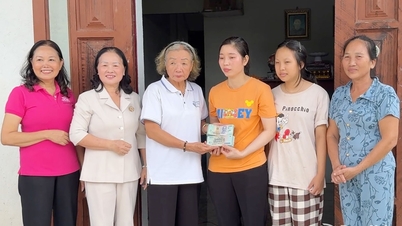

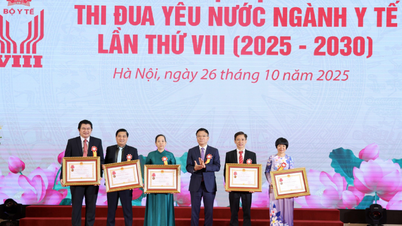




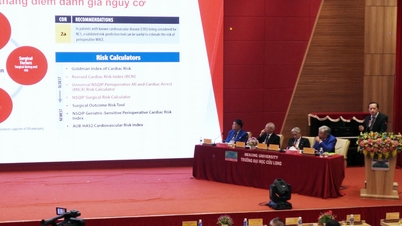


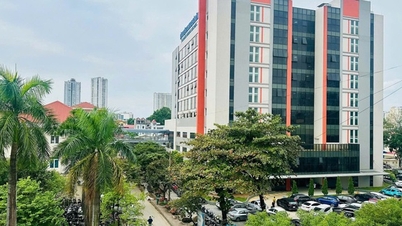
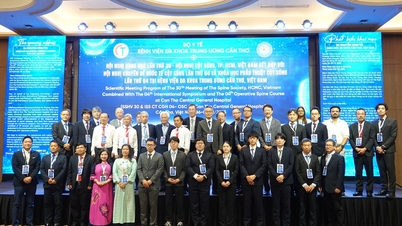











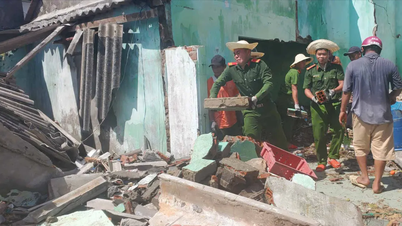







![[Video] Hue Monuments reopen to welcome visitors](https://vphoto.vietnam.vn/thumb/402x226/vietnam/resource/IMAGE/2025/11/05/1762301089171_dung01-05-43-09still013-jpg.webp)














































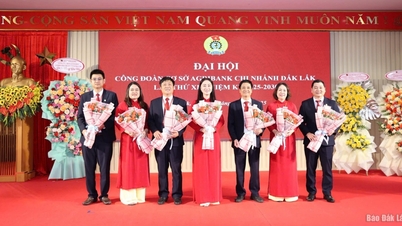

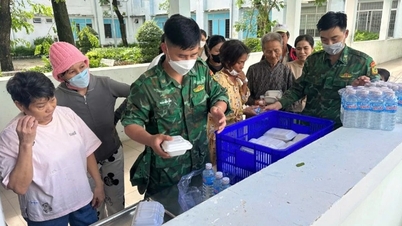
















Comment (0)